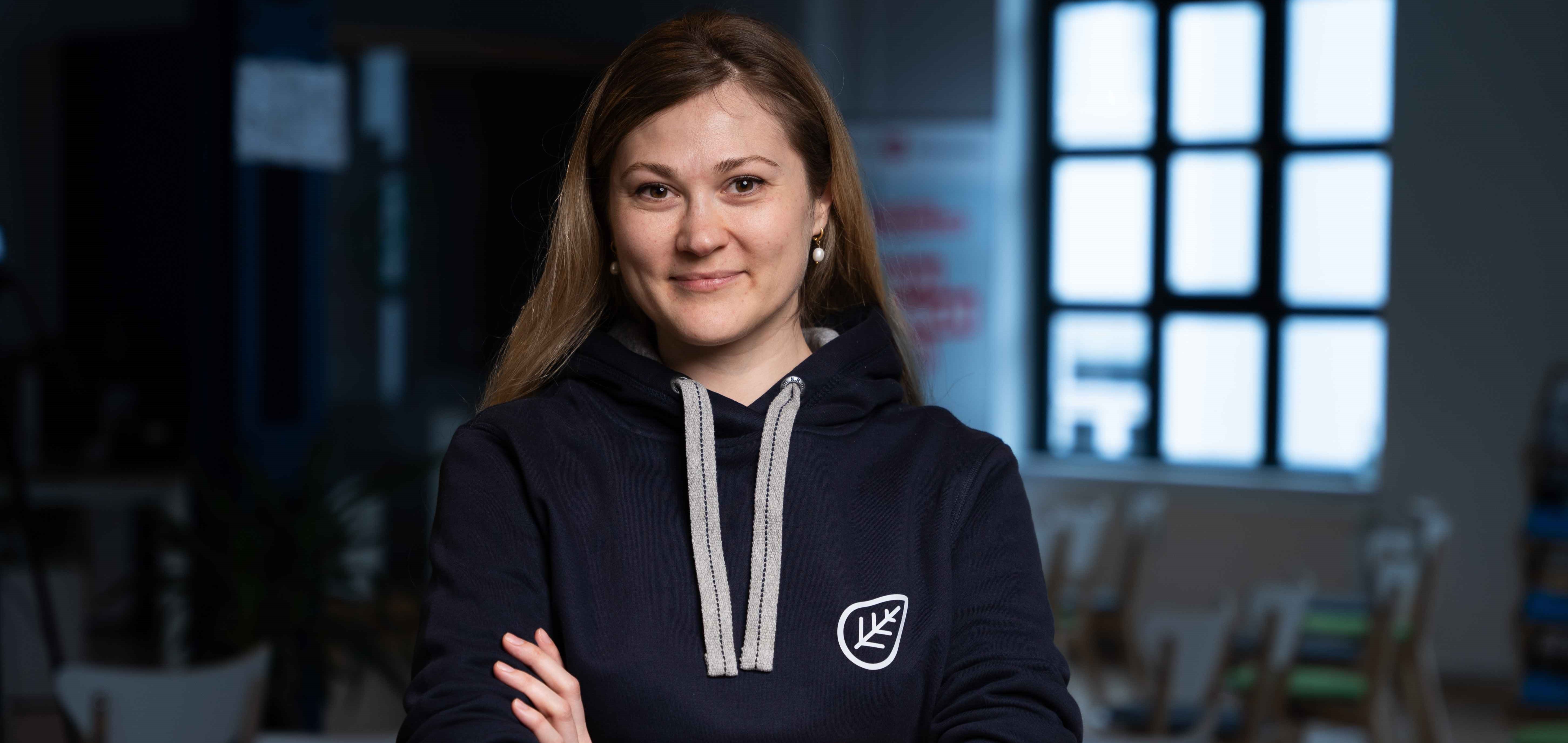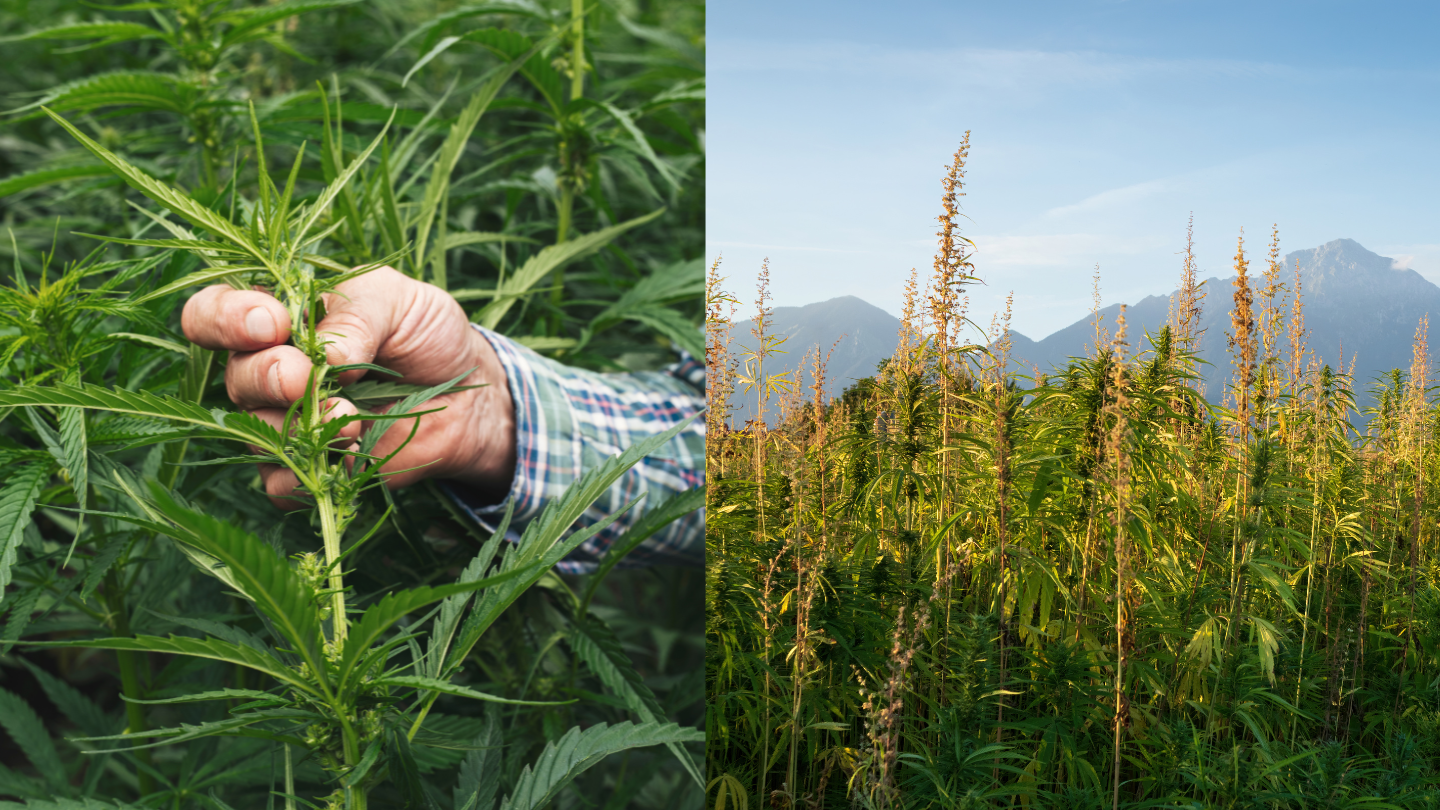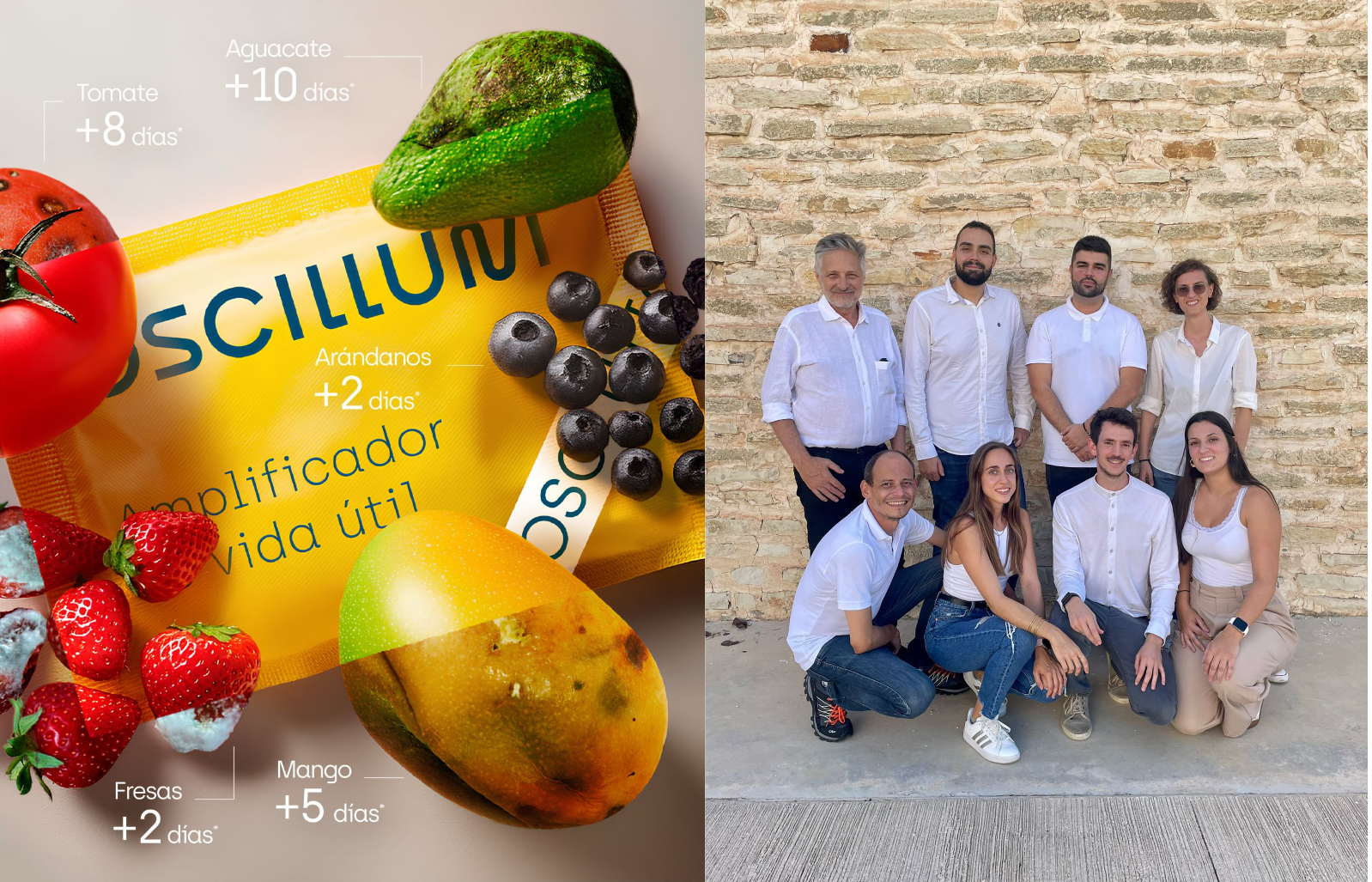Have you ever wondered how the agri-food industry could turn its waste into a valuable resource, and how this could transform the way we feed animals sustainably? Today, we have the pleasure of interviewing Bioprocesia, a standout startup in the Desafía program, which is dedicated to fostering innovative solutions in the agri-food sector.
Bioprocesia stands out with its cutting-edge microbial fermentation technology, which transforms by-products of the agri-food sector into high-protein, natural ingredients for animal feed. Their mission is to promote a more circular and sustainable agri-food industry, benefiting animals with special nutritional needs and reducing environmental impact. Guiomar Sánchez, CEO of Bioprocesia answered our questions.

How did you find out that fermentation is the best working and most efficient way to extract value from agri-food by-products? What is the story behind your intention to save the world?
The journey began with a fascination for the potential locked within agri-food by-products, which are often seen as waste. In a previous employment, as Principal Investigator of the Industrial biotechnology research group of a technological center (Leitat, Barcelona), I was aware of the significant environmental and economic impact of food waste. Many companies will contact us, looking for solutions to extract greater value out of their "residues''. This led me to explore nature´s tools (microoganisms). Above other technologies, fermentation stood out due to its versatility and efficiency. Fermentation is a natural process which has been used for centuries to produce foods like yogurt, cheese, and alcohol, it showed remarkable potential when applied to agri-food by-products. It not only breaks down the complex organic matter efficiently but also can generate valuable end-products such as bioethanol, organic acids, or proteins. The intention to "save the world" stems from a personal and professional commitment to sustainability. The environmental benefits were clear: reducing landfill waste, lowering greenhouse gas emissions, and conserving natural resources by creating a circular economy. However, as a researcher, I would get frustrated because, even when working in collaboration with industry, our results in many cases did not get past the lab door. . We decided to start BioProcesia, to become a catalyst of change, offering the companies directly the solution they were looking for.
What are some of the most significant environmental benefits of using Bioprocesia's technology for animal feed production, especially in the context of reducing waste and conserving natural resources?
Biomass fermentation allows the use of underutilized agricultural and food industry by-products, such as fruit peels, vegetable scraps, and spent grains, which would otherwise go to waste. This significantly reduces the volume of organic waste sent to landfills. We transform waste into resources, also reducing the indiscriminate use of limited natural resources.
Using biomass fermentation for animal feed can reduce the need for traditional feed crops, such as corn and soy, which require large tracts of arable land. This can free up land for other uses or allow it to revert to natural ecosystems. It also requires less water and lower energy consumption, compared to growing and processing conventional feed crops, leading to significant water savings. This reduction in energy consumption further conserves fossil fuels and decreases greenhouse gas emissions.
This technology promotes a circular economy reducing the reliance on finite natural resources and enhancing overall sustainability.
As the winner of EWA in Spain, what is your main approach or goal in decreasing the gender gap in the industry?
Before becoming an entrepreneur, I had to overcome many fears and limiting beliefs that were holding me back. These beliefs, fostered by our education system and the lack of role models as a kid, were a significant barrier. Participating in the EWA program helped me shed these beliefs and understand the great contribution women can make in the agri-food industry. My humble contribution, along with hiring incredible female talent at BioProcesia, is aimed at showing to our younger generations that it is both possible and necessary to start a business in this field as a woman.
Can you elaborate on the specific fermentation technologies Bioprocesia employs to transform food industry by-products into high-value protein?
We are unlocking the powers of bacterial fermentation! In nature we find that most microbial processes are not carried out by single species, but by consortia instead. We are developing microbial synthetic consortia in which different species of safe microoganisms work collaboratively to get the most out of the organic matter still present in the agrifood by-products and generate a final biomass that is much more than a simple protein.

How do these technologies compare to traditional protein production methods in terms of efficiency and environmental impact?
When comparing biomass fermentation for protein production to traditional feed protein sources like soy flour and fishmeal, Biomass fermentation is more efficient in terms of resource utilization, and speed. Production yield and scalability are our greater challenges.
In terms of resource utilization, soy flour production demands extensive agricultural land and significant inputs such as water, fertilizers, and pesticides, while fishmeal production relies on wild fish stocks or fish farming, potentially straining marine ecosystems. In contrast, biomass fermentation utilizes agricultural by-products and organic waste, making it an efficient way to repurpose existing resources without needing additional land or significant inputs. Moreover, while the yield of soy flour and fishmeal can vary due to environmental factors, biomass fermentation offers a more controlled and consistent production process with potentially higher yields. Additionally, the production speed of soy flour and fishmeal depends on lengthy crop growing seasons or fishing cycles, whereas biomass fermentation can produce protein in just days or weeks.
In terms of environmental impact, it is well known that the carbon footprint of soy flour and fishmeal production is significant, contributing to greenhouse gas emissions, extensive land and water use, and negative impacts on biodiversity and ecosystems. Soybean cultivation contributes to CO2 and nitrous oxide emissions and often leads to deforestation and habitat destruction, while fishmeal production produces CO2 emissions and can harm marine biodiversity through overfishing. Biomass fermentation, on the other hand, generates fewer greenhouse gases, requires much less land and water, and has minimal impact on biodiversity as it uses existing agricultural by-products. Additionally, the minimal nutrient runoff from biomass fermentation can often be repurposed as biofertilizers, reducing environmental pollution compared to the nutrient pollution caused by fertilizer runoff in soy cultivation and waste from fish farming.
In what ways does the protein produced by Bioprocesia enhance the nutritional value of animal feed?
The great news about using microbial biomass is that microorganisms not only accumulate highly nutritious (all essential amino acids included), easily digestible proteins. They can also accumulate other biomolecules with functional activities that can contribute to the health of the animals. Healthier animals get sick less, grow bigger, and this translates to higher productivity and fewer losses for the animal production industry.
Is there any piece of advice that Bioprocesia can give to other FoodTech startups?
I still need many pieces of advice myself! I can suggest building strategic partnerships (with technological partners, industrials) and focus on sustainability!
Piece of advice from the RootCamp team…
The Desafía FoodTech Germany program is an initiative facilitated by ICEX Spain and RootCamp. In September we will host an event "Taste of Tomorrow: FoodtTech Innovation from Spain to Germany in Hannover, where you will have a chance to meet all the startups participating in the program. Find the agenda and register here.
/rootcamp_logo_white_2022.png?width=2123&height=630&name=rootcamp_logo_white_2022.png)

/RC%20logo%202022.png?width=2325&height=703&name=RC%20logo%202022.png)




